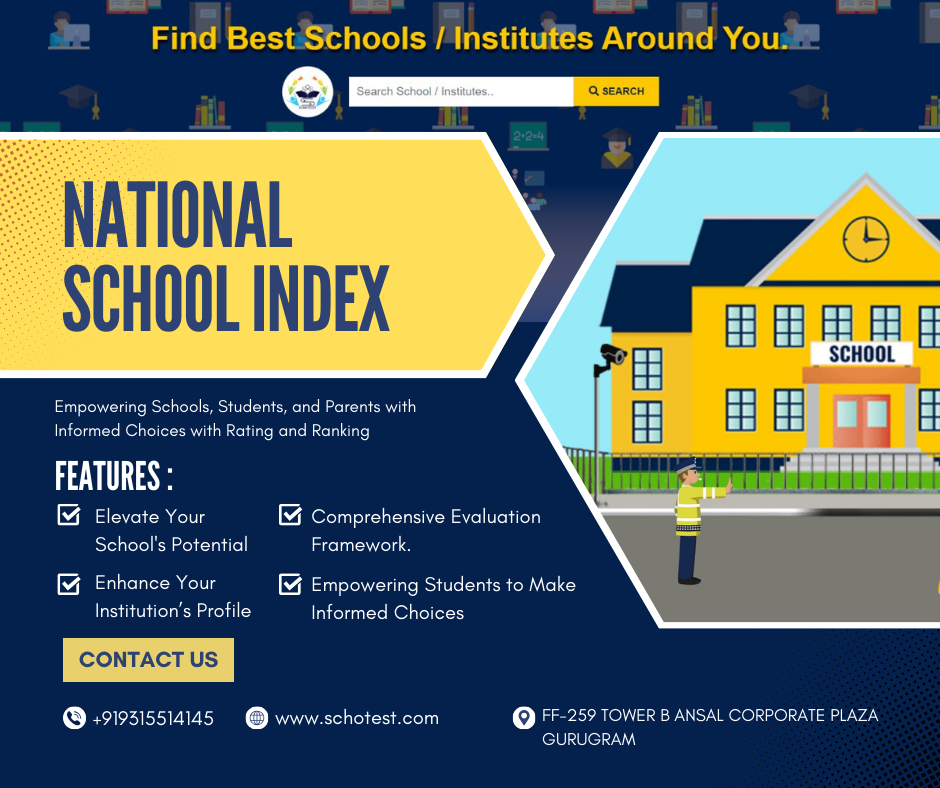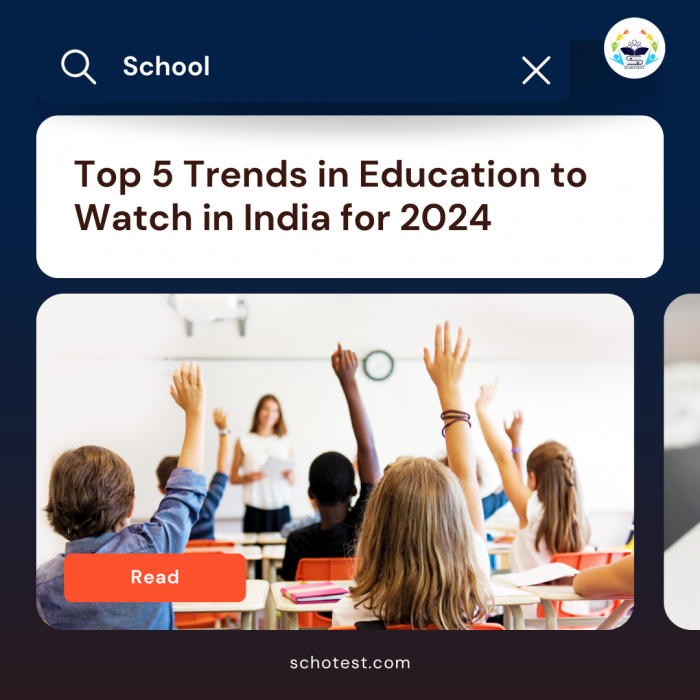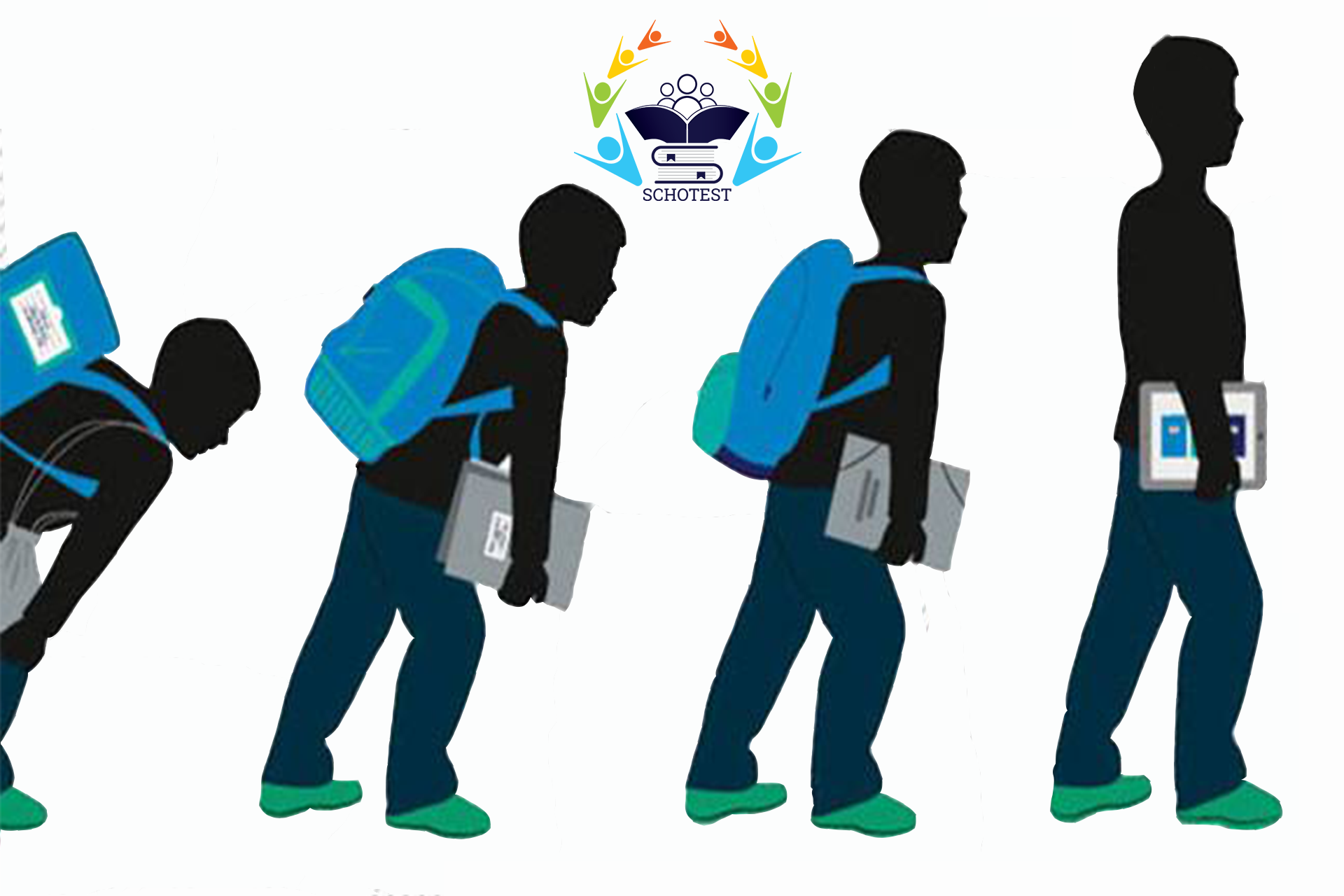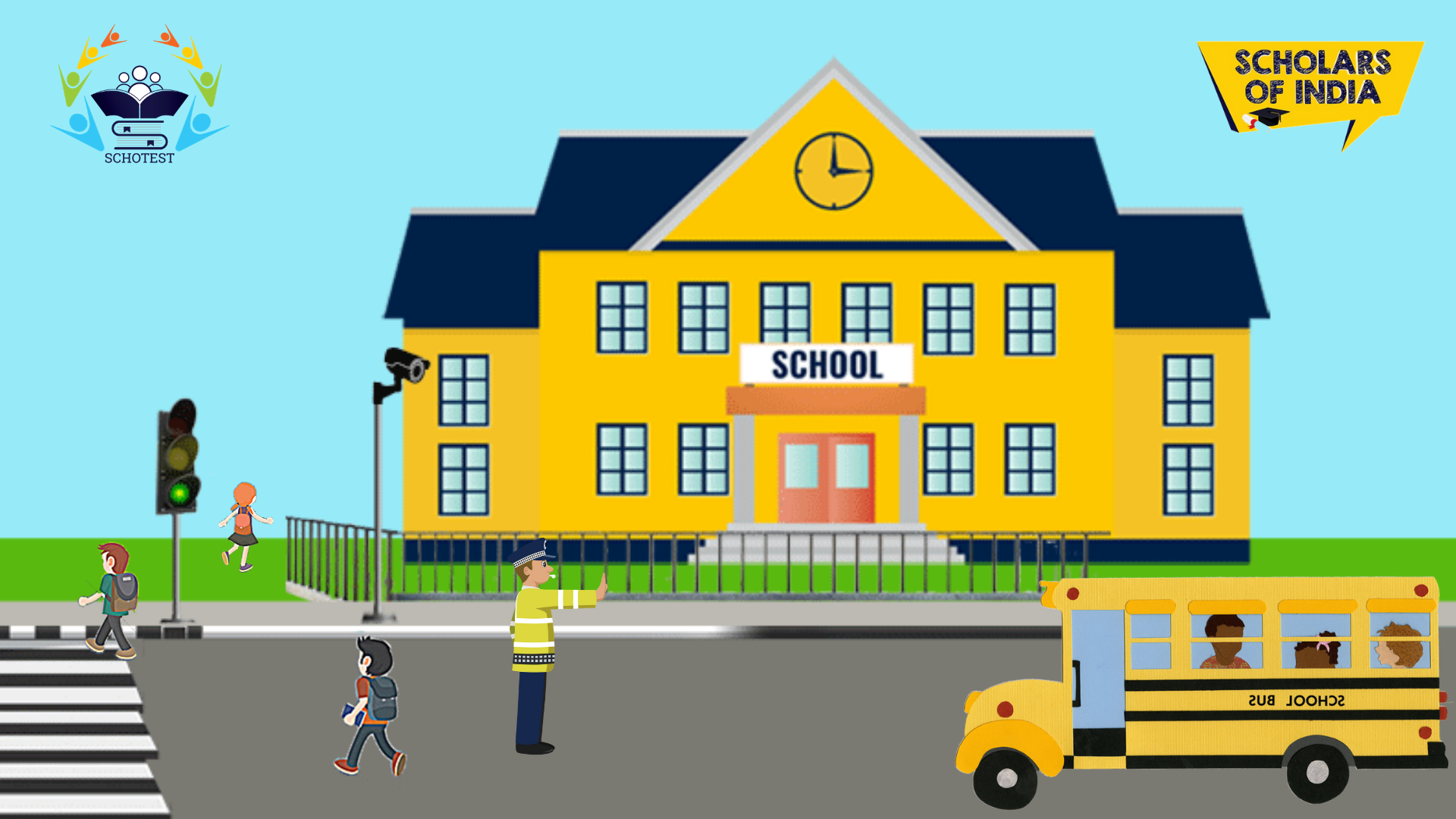2024's Must-Know Education Trends Shaping India's Future!
The education landscape in India is undergoing a profound transformation, with new trends in education shaping the future of learning. As we approach 2024, the country's educational system embraces innovative approaches to meet the evolving needs of students and prepare them for a rapidly changing world. These emerging trends have an influence on how knowledge is imparted, acquired, and applied, making it essential to consider their potential impact on India's educational framework.
In this article, we will explore the top five trends in education to watch in India for 2024. These include the integration of artificial intelligence in education to personalize learning experiences, the widespread adoption of online learning platforms, a shift towards skill-based education, a growing emphasis on mental health and well-being, and an increase in global collaboration opportunities. Each of these trends has the potential to revolutionize the educational scene in India, offering new possibilities to enhance the quality and accessibility of education across the country.
AI-Powered Personalized Learning
Artificial Intelligence (AI) significantly impacts various sectors globally, and education is no exception. In India, with its diverse educational needs, AI holds immense potential to revolutionize the education sector. AI in education represents a fundamental shift in how education can be delivered, consumed, and managed, enabling the creation of personalized learning paths tailored to individual student needs, strengths, and weaknesses.
AI in Education Trends
AI-powered systems can analyze student data and provide recommendations on the type of content, resources, and activities that are best suited for each student. This personalized approach helps address each student's strengths and weaknesses, providing targeted support where needed. AI can also assist in developing and updating curricula by analyzing educational trends, student performance data, and learning gaps.
AI Benefits for Students
AI offers several benefits to students, including:
- Personalized learning experiences: AI adapts the pace and level of difficulty of learning materials based on the student's performance.
- Real-time feedback: AI systems provide immediate feedback, allowing for quick correction and reinforcement of concepts.
- 24/7 assistance: AI offers constant access to help with homework and explanations of difficult concepts.
- Enhanced engagement: AI-driven tools incorporate gamification and interactivity, increasing student engagement
Despite its potential, implementing AI in Indian education faces several challenges:
- Digital divide: There's a risk of exacerbating educational inequalities due to the disparity in access to AI tools between urban and rural schools.
- Data privacy concerns: The collection and storage of vast amounts of student data raise significant privacy issues, especially in India where data privacy regulations are still evolving.
- Quality and accuracy: AI-generated content is not immune to errors, emphasizing the need for human oversight to ensure accuracy and reliability.
To address these challenges, comprehensive governance reforms focusing on policy framework, infrastructure development, teacher training, and ethical considerations are essential.
Digital Integration and E-Learning Platforms
The digital revolution continues to transform education in India. The Indian ed-tech market is expected to reach US INR 2512.97 billion by 2031, growing at a CAGR of almost 20%. This growth is driven by the increasing adoption of online learning platforms and the integration of cutting-edge technologies such as AI, ML, IoT, and blockchain. The National Education Policy (NEP) 2020 has been instrumental in driving comprehensive reforms in higher education, aiming to increase the gross enrolment ratio to 50% by 2035.
E-Learning Platform Benefits
E-learning platforms offer numerous advantages to students and educators:
- Accessibility: Students can access educational content from anywhere, anytime.
- Personalized learning: AI-powered systems analyze student data to provide tailored recommendations.
- Interactive learning: Engaging apps with intelligent user interfaces create productive learning environments.
- Global reach: Geographical limitations are eliminated, allowing students to choose teachers worldwide.
- Efficient assessment: Automated testing methodologies and instant feedback enhance the learning process.
Digital Integration Challenges
Despite the potential benefits, digital integration in education faces several challenges:
- Digital divide: There's a risk of exacerbating educational inequalities due to disparities in access to digital tools.
- Teacher training: Many educators lack the necessary skills to incorporate technology into their teaching methods.
- Infrastructure: Poor internet connectivity in rural and some urban areas hinders the adoption of digital education.
- Language barriers: The diversity of languages in India challenges widespread digital education implementation.
To address these challenges, the government has launched initiatives like the Skill India Digital (SID) platform and implemented policies focusing on digital technology and Industry 4.0 skills.
Focus on Skill-Based Education
Skill-Based Education Trends
India is witnessing a significant shift towards skill-based education, addressing the gap between traditional learning and real-world requirements. The National Education Policy (NEP) 2020 has played a crucial role in this transformation, emphasizing the importance of a holistic education that balances academic knowledge with practical skills. Schools are now incorporating vocational training, project-based learning, and experiential education into their programs, allowing students to apply what they learn in real-world scenarios.
Benefits of Skill-Based Learning
Skill-based learning offers numerous advantages to students. It enhances creativity, critical thinking, and problem-solving abilities. This approach also improves employability, career prospects, and income potential. Moreover, it fosters collaboration, communication, and leadership skills, which are essential in today's workforce. For employers, skill-based education helps in recruiting qualified and motivated workers, reducing training costs, and increasing productivity.
Implementing Skill-Based Curricula
To implement skill-based education effectively, schools are aligning their curricula with the National Skill Qualification Framework (NSQF). This ensures flexible, industry-oriented courses that enable vertical and horizontal mobility for students. Integration with general education is crucial for a holistic learning experience. Collaboration with industry partners ensures curriculum alignment with market demands. Creating a conducive learning environment with the necessary infrastructure and resources is essential for practical learning.
SchoTest can assist in this transition by providing comprehensive information and resources on skill-based education trends, implementation strategies, and assessment tools.
Emphasis on Mental Health and Well-being
Mental Health Trends in Education
The education landscape in India is witnessing a significant shift towards prioritizing mental health and well-being. Recent studies indicate that a considerable portion of the 250 million school-going students in India grapple with various stressors, including academic pressures and social media influences. Alarmingly, over 60% of students report high levels of exam-related stress. The National Education Policy (NEP) now mandates a broad skill set for students, including health, nutrition, and physical education.
Benefits of Well-being Focus
Integrating mental health programs into the academic curriculum fosters a holistic educational environment. Research shows that students with good mental health demonstrate improved academic performance, sharper cognitive abilities, and increased focus. Early intervention aids young individuals in developing interpersonal skills and cultivating strong relationships, essential for personal growth.
Implementing Mental Health Programs
Schools can implement mental health support through various means, such as special classes on stress management, mindfulness, and emotional intelligence. Social-emotional learning (SEL) programs can help children develop empathy and self-awareness. However, implementation faces challenges, including stigma, lack of trained professionals, and logistical issues. Collaboration with mental health experts and community resources can enhance school mental health programs.
SchoTest can assist in this transition by providing comprehensive information and resources on mental health trends, implementation strategies, and assessment tools for schools and educators.
Global Collaboration and Exchange Programs
Global Education Trends
The education landscape in India is witnessing a significant shift towards global collaboration. By 2025, more than 2 million Indian students are expected to study overseas, making India the second-largest source of international students globally. This trend extends beyond traditional study abroad programs, as Indian educational institutions are establishing overseas campuses in global business hubs like Dubai, London, Singapore, and Sydney. These initiatives offer students international exposure while remaining within the fold of a trusted Indian educational system.
Benefits of International Collaboration
International collaborations provide numerous advantages for students and institutions alike. Students gain invaluable experience working in multicultural teams, developing skills that give them a competitive edge. They also benefit from a globally recognized degree coupled with international exposure, which is highly valued in the Indian job market. For institutions, these collaborations enable access to global research resources, driving innovation and contributing to the advancement of knowledge on a global scale.
Implementing Exchange Programs
Implementing successful exchange programs requires careful planning and execution. Key steps include researching and choosing appropriate programs, exploring financial aid and scholarship options, and navigating visa application processes. Students should also consider factors such as budgeting, course credit transfers, and cultural preparation. These programs offer opportunities for holistic growth, exposing students to diverse cultures, education systems, and work atmospheres.
SchoTest can assist students and institutions in navigating the complexities of global collaboration and exchange programs by providing comprehensive information and resources on trends, implementation strategies, and program selection.
Conclusion
The education landscape in India is undergoing a major shift, with trends like AI-powered personalized learning, digital integration, skill-based education, mental health focus, and global collaboration shaping the future. These trends are revolutionizing how knowledge is imparted and acquired, offering new possibilities to enhance the quality and accessibility of education across the country. The emphasis on practical skills, mental well-being, and global exposure is preparing students for a rapidly changing world, equipping them with the tools they need to succeed.
As these trends continue to evolve, they will have a significant impact on India's educational framework, potentially bridging gaps and creating more opportunities for students. SchoTest can be a valuable resource in this changing landscape, providing comprehensive information and tools to help navigate these trends. Whether it's understanding AI in education, implementing skill-based curricula, or exploring global exchange programs, SchoTest offers the resources needed to stay informed and make the most of these educational advancements.
















Discussion